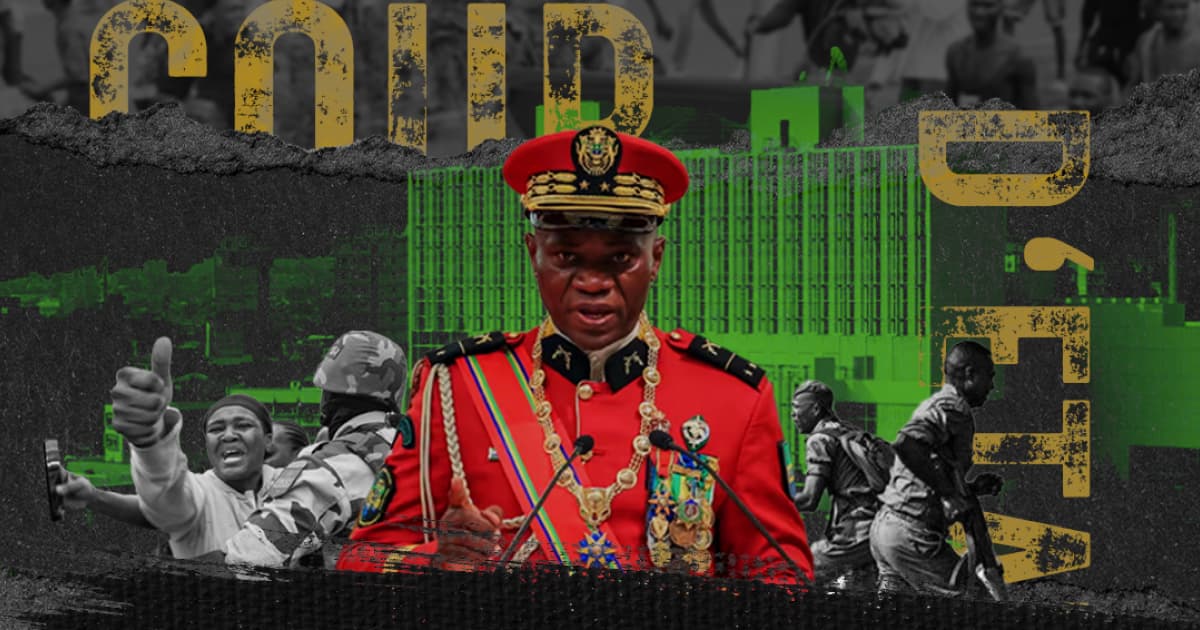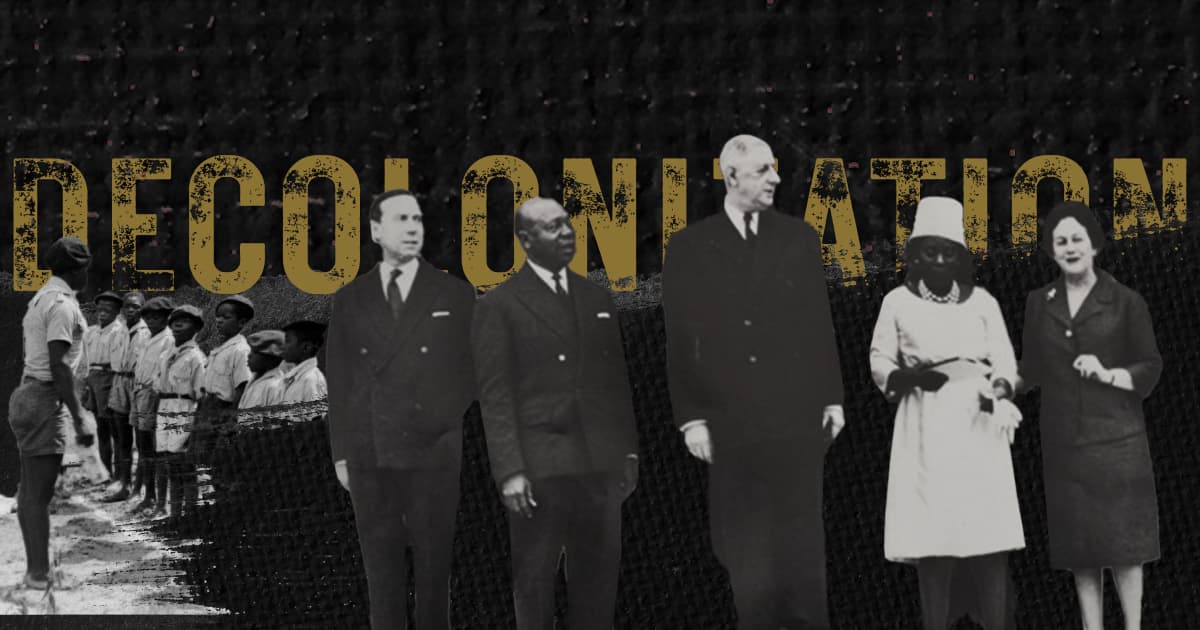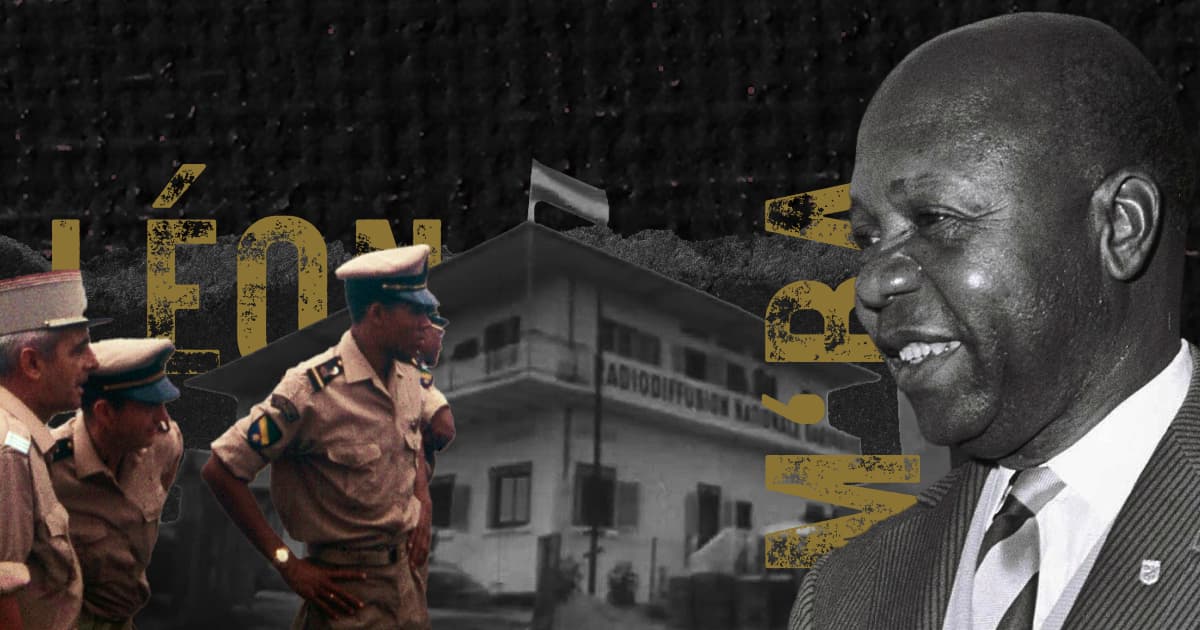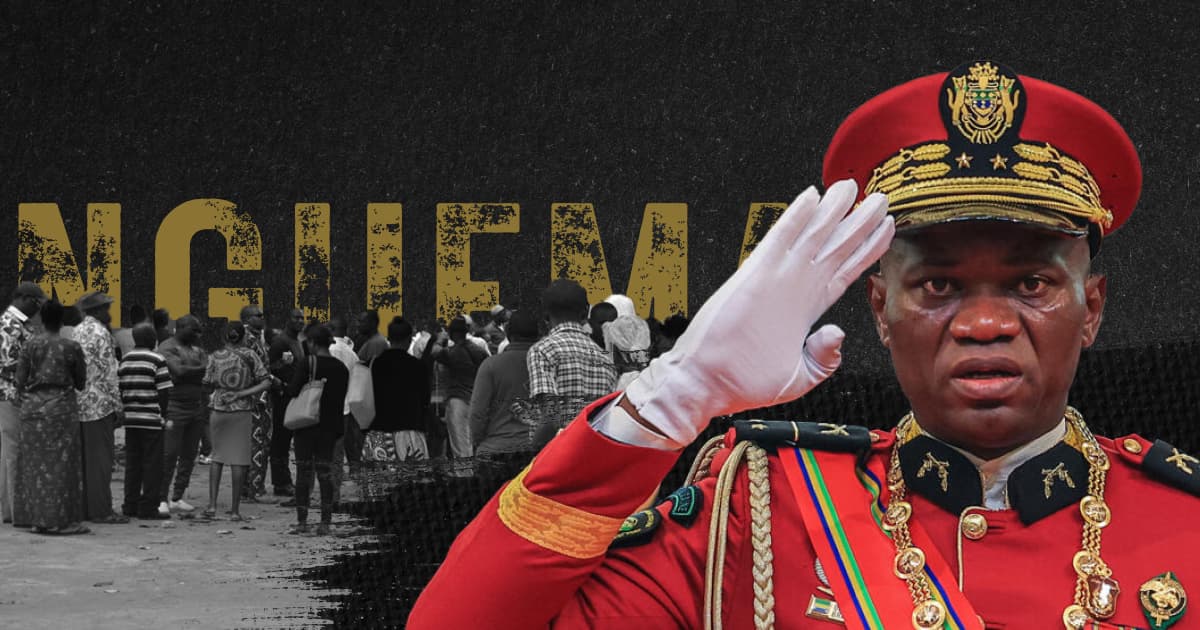Another coup in Africa: What is going on in Gabon?

In recent years, news from Africa has been increasingly featured in both international and Ukrainian news. And more and more often, they are accompanied by the expression "military coup". First, we talked about Niger, and today we will talk about Gabon.
The summit of ministers and Putin
On July 27-28, Moscow hosted the second Russia-Africa summit. The first time Russia held this diplomatic event was in 2019. Back then, it caused a flurry of concern among Western think tanks. They said Russia was returning to the struggle for influence in Africa, and the United States did not know how to respond. Russian propaganda, including social media, reinforced this message. However, this wave of publications was later followed by another. Analysts offered a revisionist view of the problem: Russia cannot seriously compete for influence because it has nothing to offer African countries.
Almost four years have passed since then, with no summit taking place due to the pandemic and full-scale invasion. In 2020-2021, Putin was in deep isolation from the world due to fear of contracting the coronavirus. And in 2022, African leaders were not too keen to visit the Russian leadership. Not because they did not want to show support for a full-scale invasion but rather to avoid damaging relations with Western countries.
What has changed since then? Two West African countries experienced coups d'état that brought the military to power. These are Mali (coup of 2021) and Burkina Faso (coup of September 2022). In both cases, the new juntas aligned themselves with Moscow and became dependent on Wagner PMC fighters.
At the same time, Russia's losses in Africa are much more significant than its gains. Although the number of countries participating in the summit has not formally changed (54 in 2019, 49 in 2023), the representativeness of this event has dropped significantly. Only 18 African countries were represented at the top level, meaning that the chances of meeting a minister or a member of parliament at the event were higher than meeting a decision-maker. Many countries lowered their level of representation at the summit, not wanting to put too much emphasis on relations with Russia. For example, Gabon was represented by dictator Ali Bongo in 2019 and by Foreign Minister Hermann Imongo in 2023. However, representatives of Niger, the most pro-Western country in the West African region, did not show up at all.
Stalemate in Niger
On the night of July 27, a coup d'état broke out in Niger. Russian propagandists joked about it, saying they should not have refused their summit invitation. In reality, these events are hardly connected. There is currently no evidence of Russian involvement in the coup. Although Niger is sometimes presented in the Western media as the most sustainable country in the region, it has had its share of problems that have turned the population against democracy in general and the democratically elected government in particular — more details in our article.
The junta has been ruling the country for over a month. It is popular, though not everywhere. The Economic Community of West African States (ECOWAS) has threatened armed intervention to restore constitutional order but has not yet done so.
In addition, ECOWAS has imposed sanctions on Niger. The consequences are tangible - the country is experiencing electricity shortages. As of 2020, the state consumed 1350 gigawatt-hours of electricity and produced about 550. Its power system is connected only to Burkina Faso, Benin, and Nigeria. Burkina Faso and Benin have no energy exports. But Nigeria used to supply electricity to Niger. However, it is Nigeria, which is now leading the Community, that is strongly opposed to the putschists.
So, after the sanctions were imposed, the country was forced to switch to alternative power sources. For example, for three weeks, UNICEF spent $200,000 on diesel for generators in Niger to keep the cold storage facilities for children's vaccines running. However, even diesel and petrol can be a problem. In 2022, Niger already faced fuel shortages because people from neighbouring countries bought a lot of it. The country has its own oil fields but only one refinery.
However, it is unlikely that sanctions will push the junta to return power to President Mohamed Bazoum. There is another piece to this puzzle - France. The junta uses negative attitudes towards the former coloniser to gain support from Nigeriens. It has not come to armed clashes, and the junta is unlikely to take such a risk, so the struggle is currently occurring in the information space.
On August 25, the junta-controlled Nigerien Ministry of Foreign Affairs sent a letter to the French Ambassador demanding that he leave the country within 48 hours. On August 28, this deadline expired, and the French Ambassador remained in his workplace. Emmanuel Macron said that France continued not to recognise the junta. After that, on August 29, the junta sent a letter to France stating that Niger was depriving the Ambassador and his family of diplomatic immunity and other privileges. The country's police allegedly received instructions to remove them from the country forcibly. Instead, the French General Staff spokesman, Pierre Goudier, said he was ready to respond to the junta's steps in a military way that would negatively affect France's diplomatic representation in the country. It is unknown whether the Nigeriens have attempted to deport the ambassador.
If the organisation intervenes, France will refuse to recognise the putschists and support the West African Community. Then Burkina Faso and Mali could take the side of Niger. They will have to obtain permission for such actions from the Kremlin, which continues to absorb the Wagner PMC network: IL-76 transport aircraft, allegedly belonging to the Russian Ministry of Emergency Situations, flew to Mali three times in August. Russian Deputy Defence Minister Yunus-Bek Yevkurov visits all the countries where Wagner's men are based. This is the Yevkurov who was at the headquarters of the Southern Military District in Rostov when the Wagner PMC seized the city on June 24. Yevkurov's flights to Africa began even before the alleged death of Yevgeny Prigozhin.

A different Gabon
Meanwhile, another former French colony experienced a coup. Gabon. The country is also located in the western part of Africa and, like Niger, has uranium deposits. However, unlike Sudan, Niger, Burkina Faso, and Mali, this state is not located in the Sahelian steppe region but further south in the tropics.
Do not rush to classify this coup as one of the others that led to the growth of Russian influence. Gabon is different from the stereotypical image of an African country, so the coup here is a little different.
A simple example highlights this difference. A Soviet diplomat claims that when he arrived in Gabon to set up an embassy, he faced a financial problem. The USSR Foreign Ministry calculated the budget for the embassy based on data for Niger. Life in the Gabonese capital, Libreville, was so expensive that diplomats had to eat the cheapest food and even catch crabs to feed themselves for a while. But there is more to it than that.
The peculiarities of Gabon can be summarised as follows:
- This is the second coup in Gabon in its 63 years of independent history. To compare, Burkina Faso has had at least 11 coups, and the history of the Central African Republic includes five successful coups and almost twice as many unsuccessful attempts.
- Gabon is a country with a small population (about two million) and timber and oil industries. As a result, its GDP per capita is higher than that of Belarus and eight times higher than the average for sub-Saharan Africa.

- It took 13 years between the country's independence and establishing relations with the USSR. To compare, Kenya became independent on December 12, 1963, and established relations with the USSR on December 14. In most cases, the interval ranged from a few days to two-three years.
- The Gabonese army had no Soviet weapons except for anti-aircraft guns and small arms supplied in the 1980s. Instead, the troops of some socialist regimes in Africa were not only armed and trained by the Soviet Union but also had "technical advisers" - Soviet intelligence officers with sometimes unlimited power.
What caused these peculiarities? In fact, Gabon has not been fully decolonised. As a European resident of Gabon said on the eve of independence: "Gabon will probably be the last territory to leave the French Union (the union of colonies within the French political system - ed.), at least because the local population does not have the energy to throw us out." Gabon did not leave the French Union or its successor organisation (the French Commonwealth). These organisations simply ceased to function.
Even the first leader of the country, Léon M'ba, did not want to cut off relations with France, although he had suffered from repression earlier. He insisted that the colony become part of France directly as an overseas department. The then French President Charles de Gaulle even complained about M'ba. He said that he had made a lot of efforts to force him to agree to independence.
At the same time, the Gabonese president was not very popular, so his victory in the elections after his first term was uncertain. The first US Ambassador to Gabon, Charles Darlington, watched M'ba build a cult of personality, imitating Charles de Gaulle's actions: he expelled representatives of the opposition party from the government, built a fence around his residence with huge gilded spikes on top, and constantly dismissed and appointed new officials to prevent them from gaining popularity. It got to the point where the Gabonese military attempted a coup on the eve of the 1964 elections, but de Gaulle defended M'ba, and the French army killed the rebels.

M'ba was getting on in years, so the French found a replacement for him, presidential adviser Albert-Bernard Bongo. In 1967, M'ba died, and Bongo ruled the country with French support until he died in 2009. Upon his death, his son, Alan, took over the presidency. That is, a monarchy was established in Gabon. In the eighties, Bongo Sr. even sent his son to Paris to discuss introducing a hereditary power transfer into the constitution with the French leadership.
Over the past five years, the country has seen almost constant protests by students, civil servants, teachers and trade unionists. In 2019, there was even an attempted coup d'état, although it was unsuccessful. Therefore, the current coup is an expected but historic event for Gabon and has nothing to do with Russia's manoeuvres.
However, it does have some relevance for Russian policy. After the coup in Gabon, France found itself in a somewhat awkward situation. What should Paris do? Should it condemn the coup purely out of principle and eventually side with the autocratic dynasty? Or should it support the coup plotters and then receive uncomfortable questions about why France supports one coup but not the other?
Emmanuel Macron chose the first option and condemned the coup.

Now, it is up to the Gabonese military to make a choice. Should they give up the seized power and hand it over to a temporary civilian administration that will hold democratic elections? Or should they seek new allies to help them hold on, seek contacts with Moscow, Tehran, and Beijing? Or to return power to the Bongo dynasty and receive a financial reward from the authoritarian ruler?


